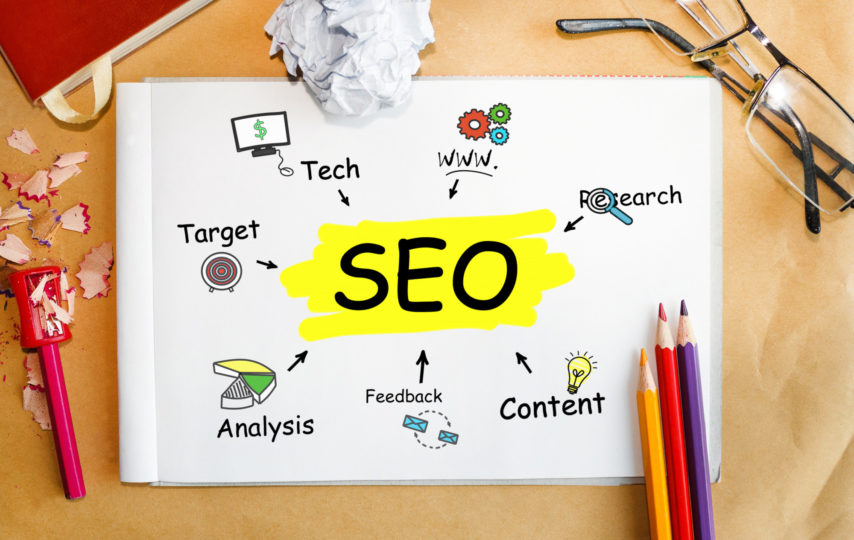SEO is short for “search engine optimization.” SEO is all about optimizing your webpage for higher rankings on search engines so that your site has the best possibility of being seen when people search for your keywords and phrases. In short, if you want more traffic to your blog post, online article, or online store, you need to know something about SEO! One of the most beneficial components of digital marketing is SEO as search engines frequently change their algorithms to enhance user experience. The legitimacy of your business online depends on SEO. With the assistance of an SEO company in New Zealand, you can advertise and promote your company online while increasing its global visibility.
SEO isn’t just about search engines, though. To really make SEO work, you need to understand people and what they search for online, the questions they are asking, the words and phrases they are using, and the type of content they are consuming regularly. The better you are at answering these questions, the more effective your SEO efforts will be and higher you will rank on Google. It is important to get a good serp tracking tool to monitor your keyword rankings.
Search engines are designed to provide information and answers by using brute force techniques to comb through billions (perhaps even zillions!) of pieces of content almost instantaneously to determine which pieces of content are most likely to provide the information and answer needed. It’s a ridiculously difficult undertaking, if you think about it, but SEO helps search engines do it as quickly and effectively as possible. SEO allows search engines to discover and catalogue web pages, PDF’s, images, videos, and more through a process known as “crawling” and “indexing” and then ordering and ranking it all according to how well it matches words and phrases that are being searched for.
You can, of course, drive traffic to your webpage through advertising and other paid methods of promotion. The value of SEO, however, is found in its ability to drive organic traffic to your site. Organic search results are those that are not paid for but show up in prominent places on a search engine results page (SERP). Some examples of SERP features that often show organic results due to good SEO practices are featured snippets, answer boxes, “People Often Ask” boxes, image carousels, and more. Again, each of these are designed to bring the searcher the most relevant answers to their questions.
So, while paid advertising, social media, and other online and digital platforms can bring traffic to your webpage, most online traffic is the result of search engines. Organic search results cover a far wider range of “digital real estate” and are often more appealing to internet searchers than paid advertisements. SEO will also continue to benefit you over time. If you have some good content available, and have done your SEO work well, then traffic to your site can continue over time even without your continued attention to that content.
Yes, search engines are getting “smarter” as time goes by, but they still cannot succeed without some help. Optimizing your site through the use of clear and precise SEO techniques will help your content to be properly indexed, and clearly displayed within search results. Getting a website audit done is also important. But what is a website audit? A website audit identifies issues with your website and provides you with solutions which will help you with your SEO. Then, as a result, you will not only get more traffic to your site, but you will also see more meaningful and engaged traffic coming to your site. That means people will be reading your words and buying your stuff more than ever before.













